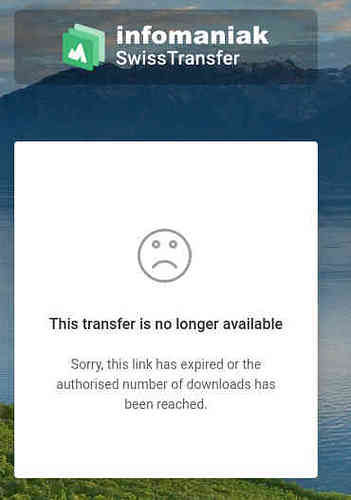[Story time, jump to the strong part that sums everything if you don’t want to read it]
Hello Sailors !
As often read here (and in any forum about something running on linux) there is a need to promote SFOS, open source or/and even alternative/sovereign solutions.
But many times when doing so in a professional environment, someone requires proof, a study about it, something more than just your word.
So as a student I thought it would be a good idea to write about “why a company or a state should adopt SFOS”
My primary goal here was to be able, in case I have a discussion with someone about the strategic importance of mobile OS (trust me it happens quite often for me), to have a study/article to back up my ideas.
During the redaction I talked with a few people about it (ENISA and the German Ministry of Interior), and asked why wouldn’t they talk about alternative mobile OS ? And they answered me that it was not in the scope of their study/they didn’t know their existence. Well now they do (well at least the people I mailed…).
If I’m posting it here it’s for three reasons :
- Some here definitely know more about me on this topic and to them I ask if they can correct my mistakes (like the current investors of Jolla)
- I mostly took sources from Germany and France, which during my research seemed to be the most active countries in the EU on the digital sovereignty topic, but if you know an other EU country (and have the sources) that talked about, even in an other language, please tell me, so I can add it
- It talks about SFOS so it’s kinda the best place to share it
Feel free to reach me out, even if it’s to say it’s a shitty work, at least i will improve the next one, it is still in beta.
You can’t paste a document on the forum so I have to use a hosting service (SwissTransfer) which has a download limit, so if the link is broken tell it and I’ll update a new one
to summarize :
I wrote an article about why countries and companies need to adopt alternative mobile OS. Feel free to reach me out if something bugs you or if you have ideas. Download link below, it’s about 40 pages long, don’t worry 10 are for bibliography
https://www.swisstransfer.com/d/188dedba-a5d0-4e17-a40a-410dfd089d7b
The file’s SHA512 sum
098fe3d4b852b55e96cd63cb31afc8d43f314a9863b38a32655968604c82d3aa1e49c1db2745f486143468ec9d2ad8140df66260a5017c43634aca062c9523f5 eu_mobile_os_digital_sovereignty.pdf



 :
: